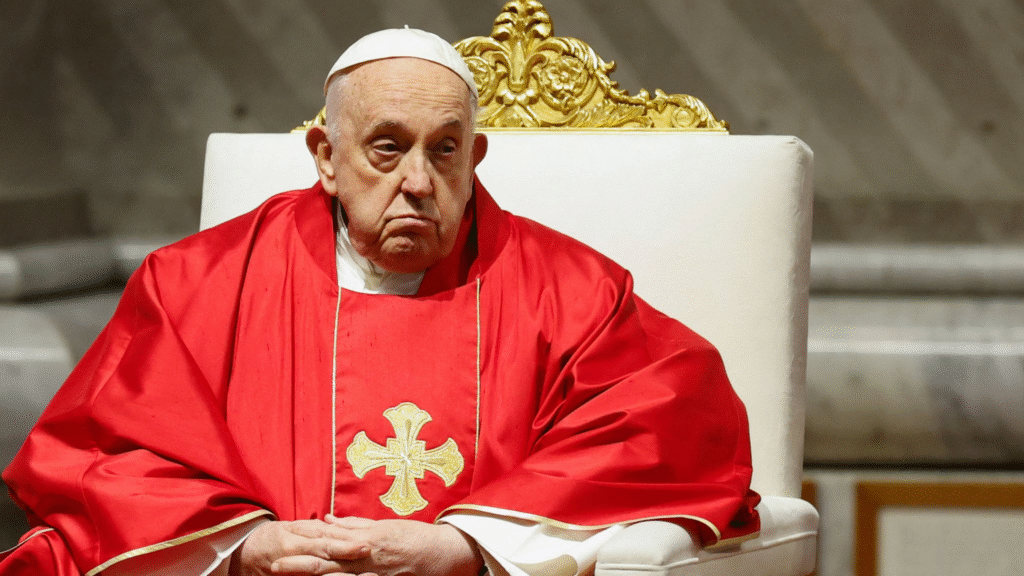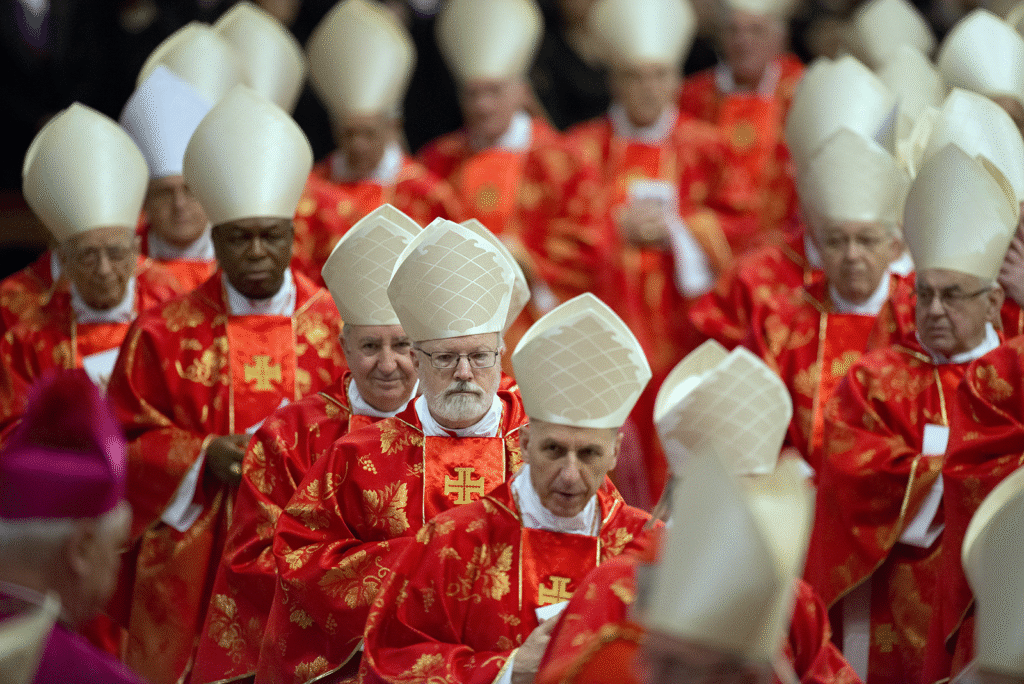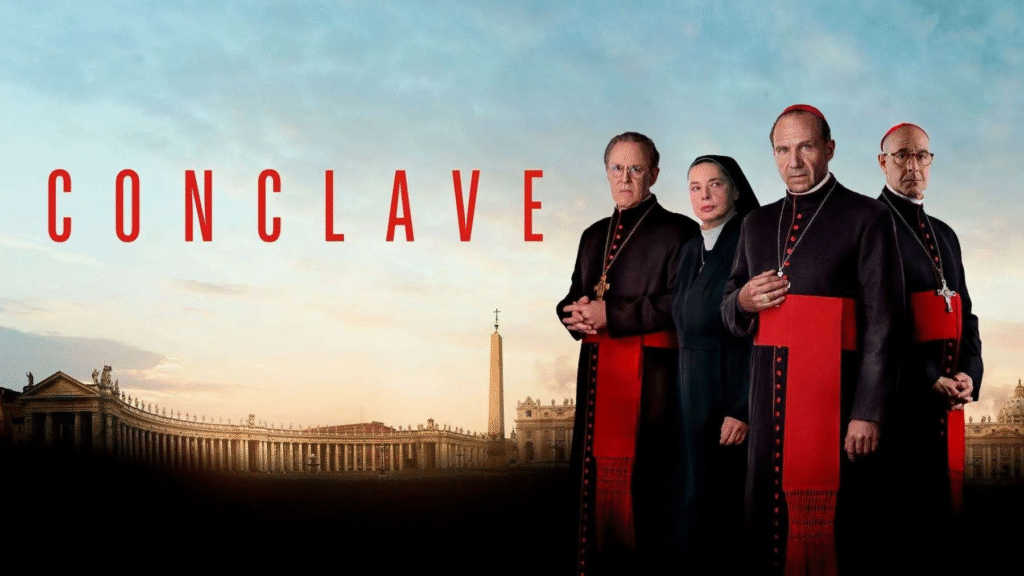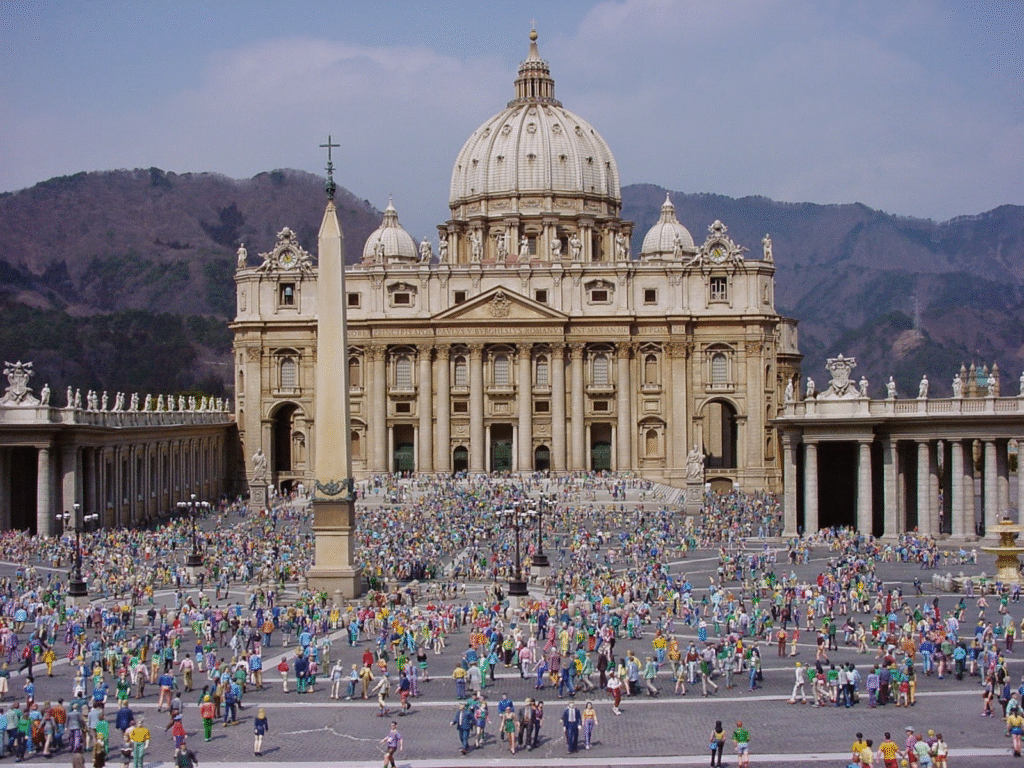Pope Francis, born Jorge Mario Bergoglio, the 266th pontiff of the Roman Catholic Church, passed away on Easter Monday, April 21, 2025, at the age of 88. His death marks the end of a historic papacy that began in March 2013 and brought profound change to the Catholic Church through reform, compassion, and a renewed focus on marginalized communities. The announcement of his passing was made from the Vatican at 9:45 AM local time, sending waves of mourning across the globe.
Final Days and Cause of Death
In the weeks preceding his death, Pope Francis had been battling significant health complications. After a severe episode of double pneumonia that resulted in hospitalization, he appeared to recover and was discharged. However, despite a short period of improvement, the pontiff’s health rapidly declined. On Easter Monday, he suffered a fatal cerebral hemorrhage. It is believed that his earlier respiratory illness may have contributed to the complications that ultimately led to his death.

His final hours were spent at Casa Santa Marta, the Vatican guesthouse where he had chosen to live throughout his papacy instead of the grand Apostolic Palace. True to his character, Pope Francis opted for simplicity and humility, values that defined his leadership from the beginning.
Legacy of a Transformational Pope
Pope Francis will be remembered as one of the most transformative figures in modern Catholic history. He was the first pope from Latin America, the first Jesuit pope, and the first to take the name Francis — inspired by Saint Francis of Assisi, the patron saint of the poor. His papacy was marked by a strong emphasis on mercy, inclusion, and a deep concern for the environment and the plight of the poor.

From the start, Pope Francis worked to reshape the tone and direction of the Catholic Church. He championed interfaith dialogue, welcomed those previously marginalized by Church doctrine, and constantly spoke out on issues such as climate change, economic inequality, and refugee rights. His encyclicals and public statements often called for action against systemic injustice, urging Catholics to embrace compassion and humility in their daily lives.
One of his most ambitious and controversial efforts was the reform of the Roman Curia, the administrative body of the Holy See. He streamlined the Vatican’s bureaucracy, worked to combat clerical sexual abuse with greater transparency, and emphasized pastoral care over rigid doctrinal enforcement.
Papal Funeral and Mourning
As tradition dictates, the death of a pope initiates a solemn and structured period of mourning known as novemdiales, which spans nine days of liturgical ceremonies and public prayers. Pope Francis’s body will lie in state at St. Peter’s Basilica, where thousands of faithful are expected to pay their respects. His funeral will be held in St. Peter’s Square, with a ceremony that reflects the humility he embodied throughout his pontificate.

The College of Cardinals will oversee the arrangements, including preparing for the upcoming conclave that will elect his successor. Pope Francis requested a modest funeral and burial in line with his values, likely within the Vatican grounds.
The Conclave and the Next Pope

With the seat of the papacy now vacant, attention turns to the upcoming conclave, the sacred process by which a new pope is elected. The College of Cardinals, composed of senior Catholic leaders from around the world, will gather in the Sistine Chapel to begin the deliberations. The exact date of the conclave has yet to be announced, but it traditionally begins after the official mourning period concludes.
Several cardinals have emerged as potential successors. Among the frontrunners are Cardinal Pietro Parolin of Italy, known for his extensive diplomatic experience and tenure as Secretary of State; Cardinal Luis Antonio Tagle of the Philippines, admired for his pastoral sensitivity and global outreach; and Cardinal Peter Turkson of Ghana, a strong advocate for social justice and the environment. Each brings a unique vision for the future of the Church, and the decision ahead will shape the direction of Catholicism for decades to come.

The process of electing a new pope is steeped in tradition, secrecy, and spiritual discernment. Once inside the Sistine Chapel, the cardinals will vote in a series of secret ballots. A two-thirds majority is required for a valid election. Once a new pope is chosen, white smoke will rise from the chapel’s chimney, signaling to the world that a successor has been found.
Reactions Around the World
The passing of Pope Francis has sparked an outpouring of grief and tributes from religious and secular leaders worldwide. Heads of state, religious figures, and millions of Catholics have expressed condolences and shared memories of his legacy. Many recall his warm personality, his messages of unity, and his unwavering commitment to peace and human dignity.

Global leaders highlighted his efforts to bridge gaps between cultures and religions, calling him a beacon of hope in a divided world. His leadership during times of global crisis — from the COVID-19 pandemic to various political and humanitarian emergencies — showcased his resolve to guide with empathy and moral clarity.
The Catholic community has also shared stories of personal encounters with Pope Francis, recalling his habit of calling individuals directly, his humility, and his focus on everyday kindness. His papacy resonated with both devout believers and those outside the Church due to his approachable style and deep concern for humanity.
A Papacy That Redefined the Church

Pope Francis served for over 12 years as the leader of the Catholic Church, one of the longest modern papacies. His approach challenged the Church to adapt to the complexities of the 21st century, calling for a more open and understanding institution. Under his guidance, the Church began to face long-standing issues more transparently and engaged more fully with the modern world.

He opened conversations around once-taboo subjects, from homosexuality and divorce to economic systems and environmental responsibility. His progressive tone did not always sit well with traditionalists, but many credit him with reinvigorating the Church and bringing renewed attention to its moral mission.
The Road Ahead
As the world mourns Pope Francis, the Catholic Church prepares for a future without one of its most recognizable and compassionate leaders. The conclave will be watched closely, with hopes that the next pope will carry forward the spirit of inclusiveness, humility, and reform that Pope Francis championed.
Though his earthly journey has ended, Pope Francis leaves behind a powerful legacy — one rooted in mercy, justice, and a genuine love for all people. His voice may be silent now, but the echoes of his teachings and example will continue to shape the Church and inspire the faithful for generations to come.

